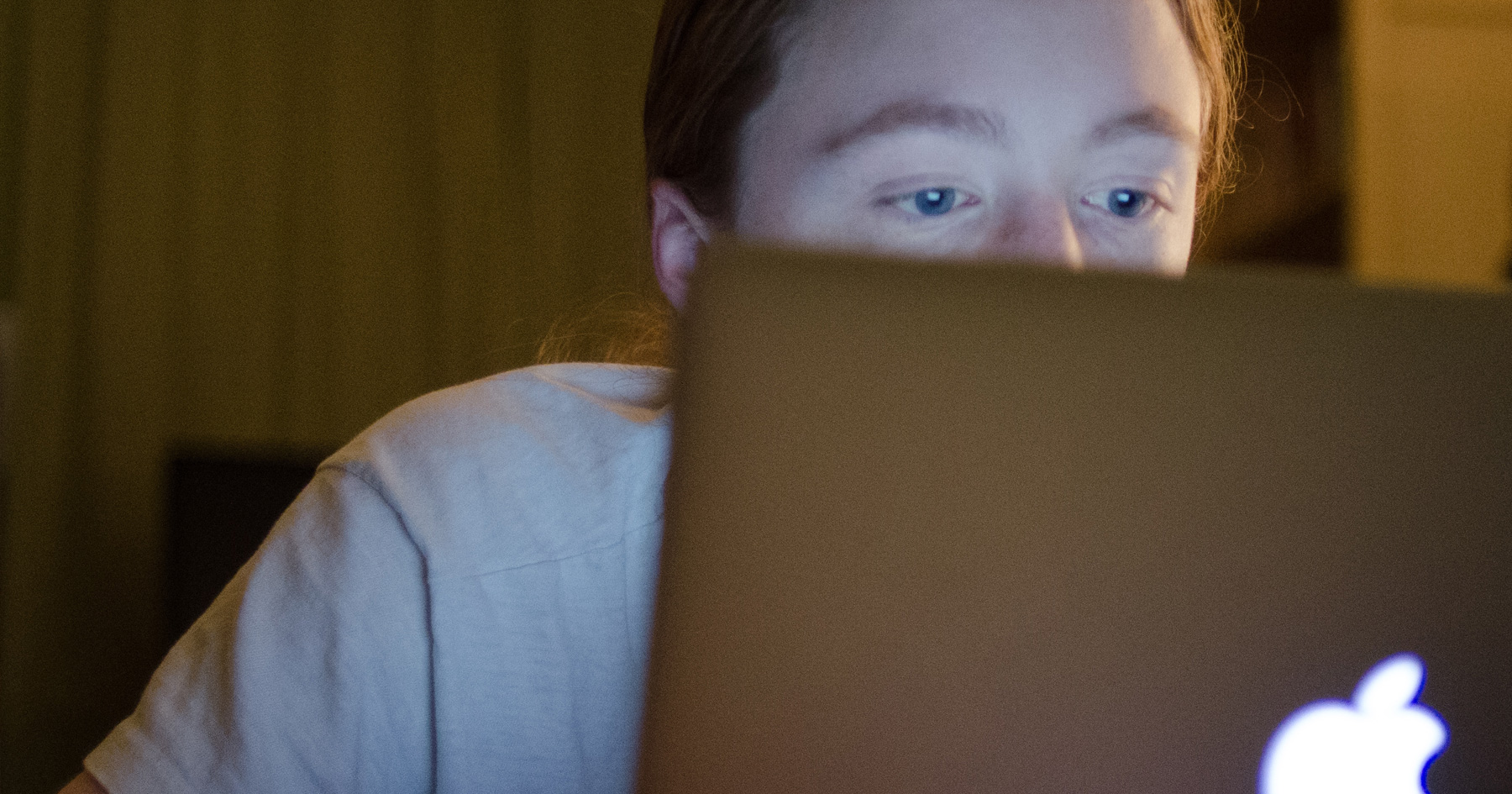Why the Fight to Keep Sex Offenders off the Internet Started a Debate

By:
In 2010, Lester Packingham avoided a traffic ticket, and he was so excited he made a Facebook post about it.
“God is Good! How about I got so much favor they dismissed the ticket before court even started?" the post read. "No fine, no court costs, no nothing spent. Praise be to God. Wow! Thanks, Jesus.”
That post was illegal, because Packingham is a registered sex offender.
Packingham was registered as a sex offender after being convicted of "taking indecent liberties" with a 13-year old girl, and in North Carolina people like him are banned from using any "commercial social networking website" that "permits minor children to become members."
Packingham challenged the law in court, and after a series of appeals, the U.S. Supreme Court has agreed to hear the case, according to SCOTUS blog.
.JPG?auto=format&crop=faces&fit=crop&q=60&w=736&ixlib=js-1.1.0)
The North Carolina is intended to block sexual predators from hunting children on social media sites. In 2011, the FBI said there are more than a half a million predators online every day, and the Department of Justice says that 13 percent of minors have received "unwanted sexual solicitations" online. The potential legal issue is that it doesn't apply merely to prisoners and those on probation, but those who have already served their sentences.
Some attorneys and researchers are worried that a Supreme Court decision in favor of the North Carolina law would restrict free speech.
Eugene Volokh, a law professor at the University of California, Los Angeles, wrote a piece in The Washington Post about the upcoming case, arguing that there are "many First Amendment problems" with the lower court's decision to uphold the North Carolina law.
 Flickr/Tim Pierce - flic.krOne of those problems is the "ample alternative channels" argument, according to Volokh. The North Carolina court found that the ban on social media is reasonable because there are "ample alternative channels" for speech, meaning that those affected aren't completely restricted from using the internet, just from using sites that allow children to use them as well.
Flickr/Tim Pierce - flic.krOne of those problems is the "ample alternative channels" argument, according to Volokh. The North Carolina court found that the ban on social media is reasonable because there are "ample alternative channels" for speech, meaning that those affected aren't completely restricted from using the internet, just from using sites that allow children to use them as well.
Like Volokh, those who petitioned the U.S. Supreme Court to hear this case believe that is still too restrictive, as "there is virtually no equivalent substitute" for Facebook or Twitter.
"This bars people from reading a vast range of speech, and sharply limits their ability to reach a vast potential audience with their own speech," reads the petition.
The petitioners also wrote that restricting social media use also restrics access to the U.S. political process.
"Local governments and public officials are also establishing official Facebook pages for cities and city departments, recognizing the social media giant’s power to grant them access to constituents at little or no cost," the petition states. The North Carolina law "bars people from accessing any of this crucial information, much of which can only be found on Facebook or on other social media sites covered by the statute."
The Supreme Court is set to hear the case this coming week.
